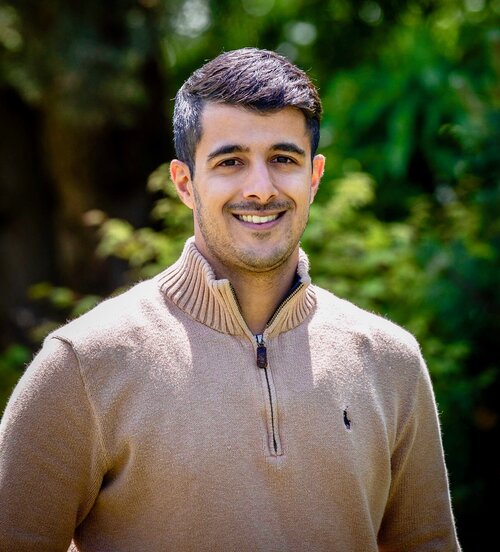
- This event has passed.
SAMEER SHAH – Colloquium
February 26, 2020 @ 4:00 pm - 5:30 pm PST

THE ENERGY AND RESOURCES GROUP SPRING 2020 COLLOQUIUM SERIES PRESENTS:
SPEAKER: Sameer Shah
DATE: Wednesday, February 26, 2020
TIME: 4:00-5:30pm
PLACE: 126 Barrows
TITLE:
A drought-free Maharashtra? Politicizing the inequitable and unsustainable outcomes of
state-sponsored livelihood adaptation for rain-dependent agriculture.
DESCRIPTION:
Following the worst drought in 40-years (2012), the western Indian state of
Maharashtra launched a flagship drought-relief program intended to make 20,000 villages
“drought-free” by 2019. The program – promoting the capture and conservation of “green” (soil
moisture) and “blue water” (runoff) to reduce the risks of crop failure in drought-prone villages –
mirrored an integrative land and water management approach urged by agricultural scientists
and hydrologists for withstanding potential impacts from precipitation variability.
This presentation analyzes the equity and sustainability dimensions of the program using data collected in three diverse villages. Despite being framed as a scientific program, I find political
interests to communicate and count villages as “drought-free” shaped the character of water conservation interventions in ways that deepened entrenched inequities and fueled the unsustainable extraction of water by well-capitalized farmers. In recognizing that integrated land and water management programs are intrinsically linked to governance structures that shape their outcomes, this seminar challenges their continued promotion as technical instruments capable of redressing climate risks.
SPEAKER:
Sameer Shah is a Ph.D. candidate, Liu Scholar and Governor General Gold Medalist at the Institute for Resources, Environment & Sustainability of the University of British Columbia. He is an active member of the Program on Water Governance, the EDGES Research Collaborative (Environment and Development: Gender, Equity, and Sustainability), and the Household Water Insecurity Experiences Research Coordination Network (HWISE-RCN). Trained as problem-oriented and interdisciplinary scholar, Sameer uses conceptual frameworks of political-ecology and environmental injustice to understand the social, environmental, and political factors underlying differentiated water insecurities at local and regional scales.
His latest project examines the equitability and sustainability dimensions of state-led water conservation designed to protect villages from drought in Maharashtra (India).